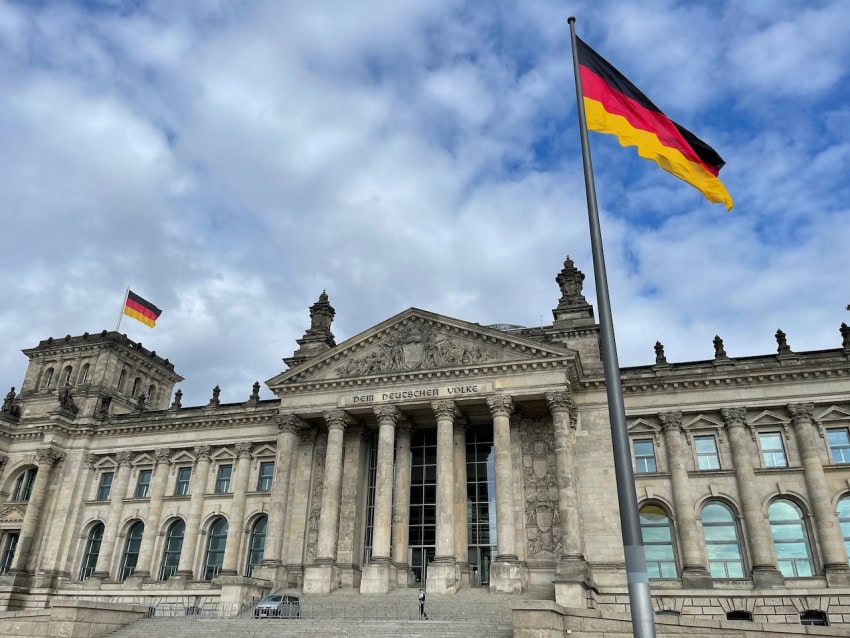BERLIN – With each passing day, Germany is trying to plug the gaps in labour shortage for which it is reforming its immigration system and aims to create Europe’s most modern immigration regimes.
In an interview, labour minister Hubertus Heil has warned that the labour shortage risks becoming a real brake on economic growth while highlighting that Germany will lack 7 million workers by 2035 if something substantial is not done.
Many industries were “desperate” for staff, a situation that would “only get worse” as baby boomers retired, he told Financial Times.
The minister said the immigration reform was part of a broader campaign by the government of Olaf Scholz to attract global talent to Germany, arrest its demographic decline and resolve a shortage of skilled workers that is becoming the main concern of some of its biggest companies.
The comments come at a time when the reform legislation expected to be passed by parliament in the coming weeks, is expected to make it much easier for foreign workers to take up a job in Germany though some industry experts say that the reform would still not reap benefits.
The government’s new immigration law is different in a sense that it allows people to land in Germany for work even without a German professional qualification.
“It will be enough for them to have an employment contract, some professional experience and have received vocational training in their home country,” the minister added.
Germany is also introducing “chance card” called Chancenkarte allowing people to earn points based on their vocational training and experience, whether they have a connection to the country and speak German, and are younger than 35.
“When they have enough points they can come [here] to look for a job,” said Heil.
Apart from this, another bill soon to be submitted to the parliament would make it much easier for foreigners to secure German citizenship and allow them to retain other passports apart from a German one which is currently impossible for non-EU nationals.
The minister affirmed that he and foreign minister Annalena Baerbock would soon travel to Brazil to “tell people about the opportunities they have here, for example in the caring professions”.
Heil also cited the example of Canada and said the country had learned from its example where immigrants were “treated like human beings” and had the chance to become citizens.
“We will do the same in Germany,” he affirmed.














